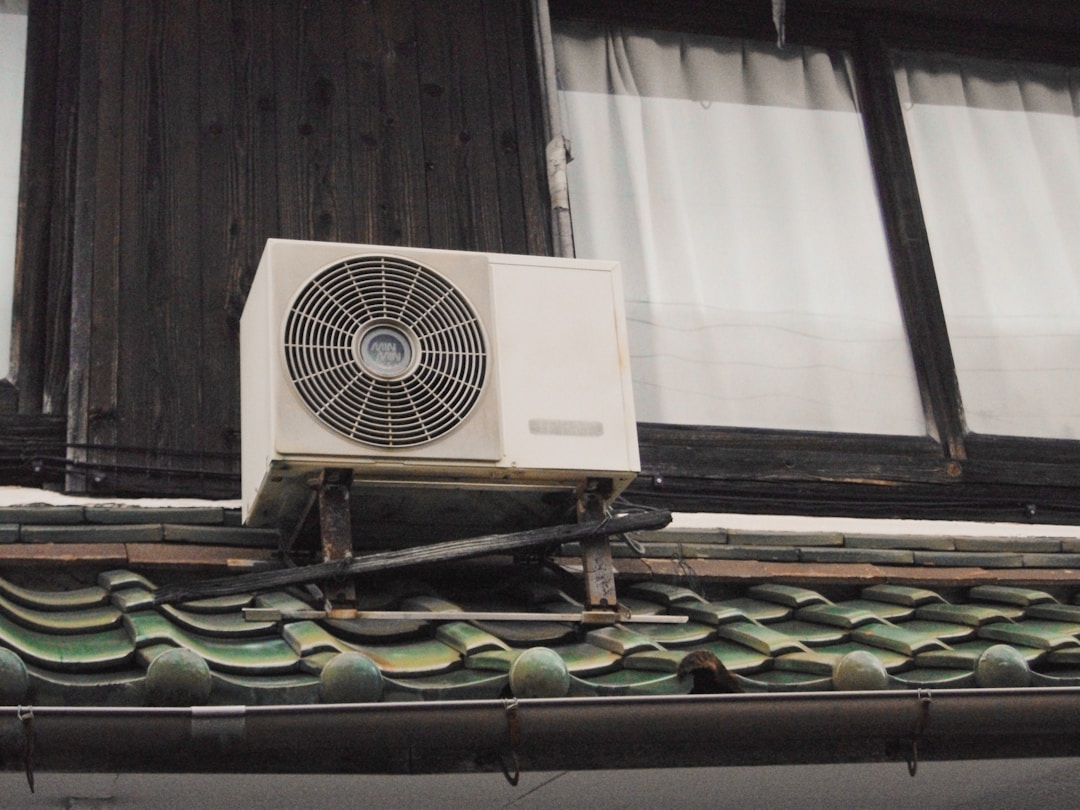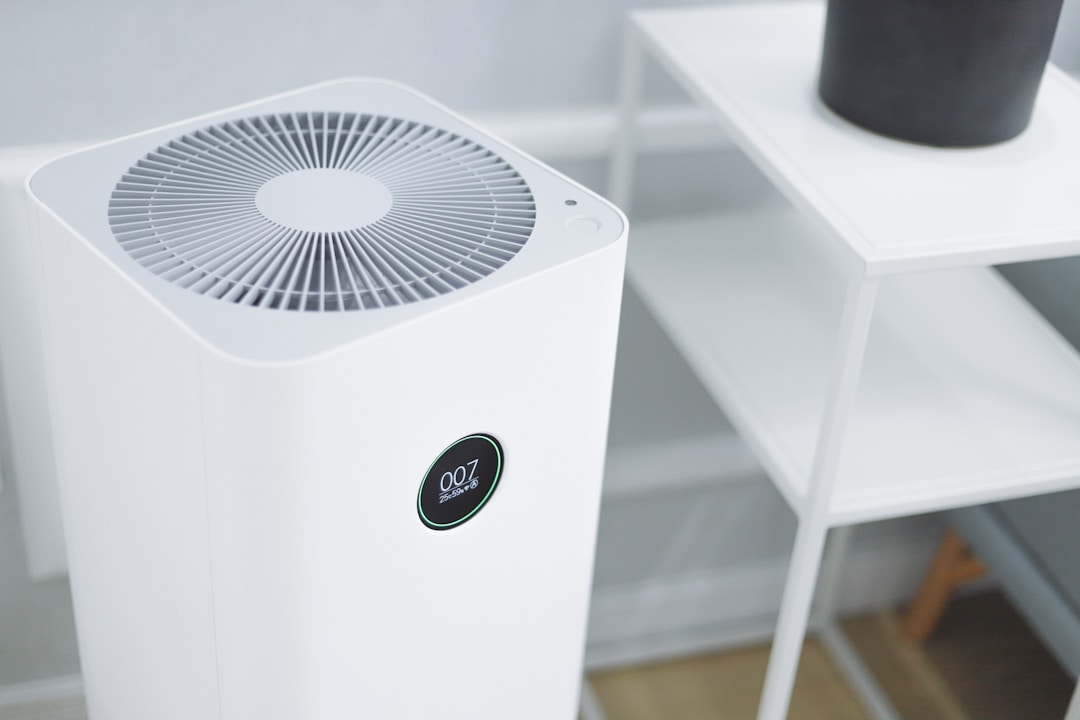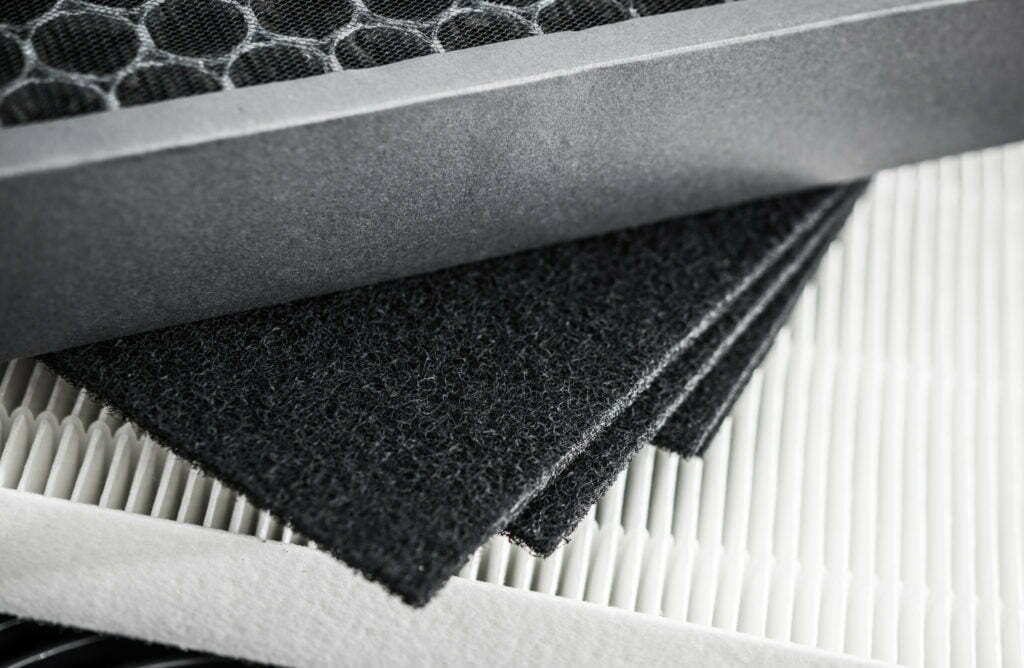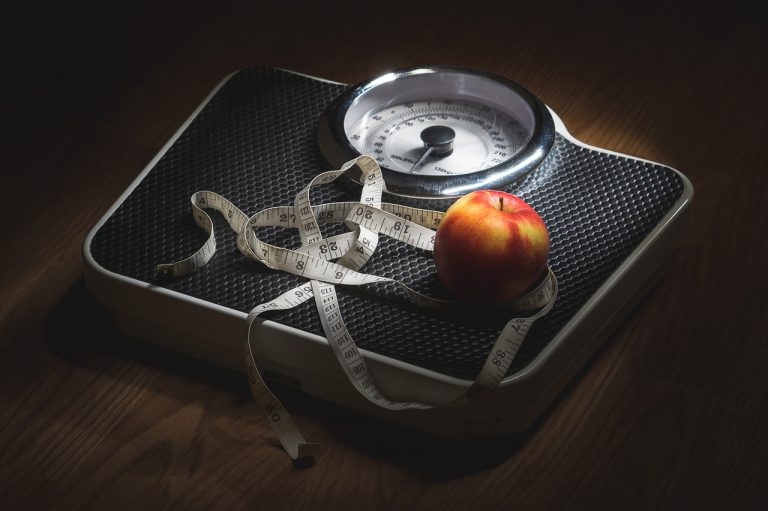Taking care of an HVAC system can be complicated if you don’t have experience doing so. Without preventive maintenance, like changing your AC filter, the HVAC can be vulnerable to a wide range of problems that can lead to costly breakdowns. Fortunately, there are simple steps you can take to reduce the likelihood that your system will need repairs, and one of those things is keeping your air conditioner’s filter clean. If you’re new to HVAC maintenance, read on to find out why the air filter for your air conditioner needs to be changed on a regular basis.
Why does your air conditioner’s filter need to be changed regularly?

Many homeowners don’t know how often they need to change their air filter for AC or what can happen if the filter isn’t changed frequently enough. Though some say that you only need to change your filter every 90 days, most HVAC professionals recommend monthly filter changes if you want your system to operate at peak efficiency. Your filter is what prevents dust from accumulating in the system and protects your indoor air quality.
There are several problems that can be caused by a dirty or wet filter. For example, a buildup of dust and dirt can impede airflow and make your HVAC system less effective. This can have the practical effect of substantially increasing your utility bills. Your filter can become damp as a result of a clogged condensate pan or drain line, which can be caused by infrequent filter changes. When obstructions prevent moisture from draining properly, it can overflow and get absorbed by your air conditioner’s filter.
Being proactive about HVAC maintenance is the best thing you can do to extend the life span of your system, as a monthly filter change isn’t enough on its own to keep your HVAC system operational. You should have it inspected at least once annually, though it’s a good idea to have a technician take a look anytime you suspect something might be wrong. The average HVAC system lasts about 10 to 15 years, so if yours is older than that, you might want to talk to your local HVAC professional about a replacement.
What else can you do to improve the air quality in your home?

You might be wondering why indoor air quality is so important, but there are serious health risks associated with breathing polluted air, especially over a longer period of time. Heart and lung problems have long been connected to air pollution, including the development of health conditions like coronary artery disease, emphysema, respiratory infections, strokes, and even certain types of cancer. Symptoms of asthma, chronic obstructive pulmonary disease (COPD), diabetes, or cardiovascular disease can worsen as a result of poor air quality.
Even seemingly simple lifestyle adjustments can help improve the quality of your air at home. Experts say that you should vacuum at least once or twice a week with a vacuum that has a HEPA filter. Laundering items that trap dust and dirt more often, like drapes and bedding, is also helpful. Air purifiers can make a huge difference, particularly for those with allergies, when placed in high-traffic rooms like your kitchen, living room, and bathroom. Just make sure the air purifier you purchase is powerful enough for the size of the room you plan to place it in.
The effect that your filter has on the air quality in your home is reason enough to make sure that it’s changed on a monthly basis. However, indoor air quality isn’t the only thing that your AC filter can have an impact on. Dirty filters can lead to more severe issues, like clogged drain lines and higher utility bills at the end of the month. Forgetting to change your filter can even obstruct airflow and damage your system by allowing debris to collect inside the unit. There are other lifestyle changes and adjustments you can make to protect the quality of your indoor air, but there’s no replacement for keeping your air conditioner in good working order.





